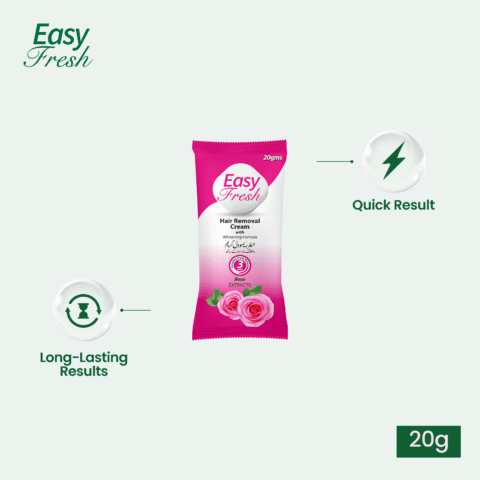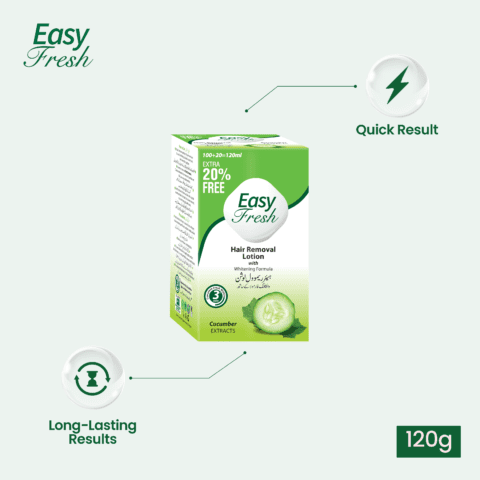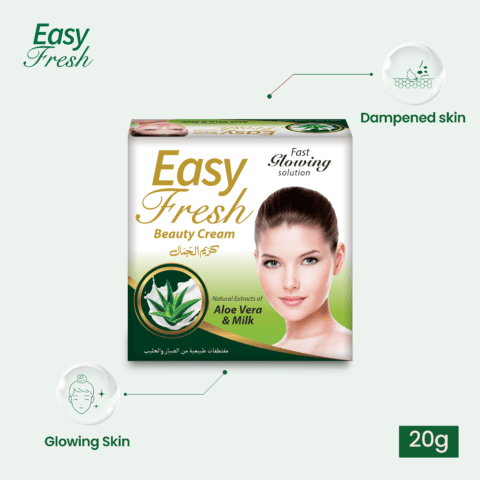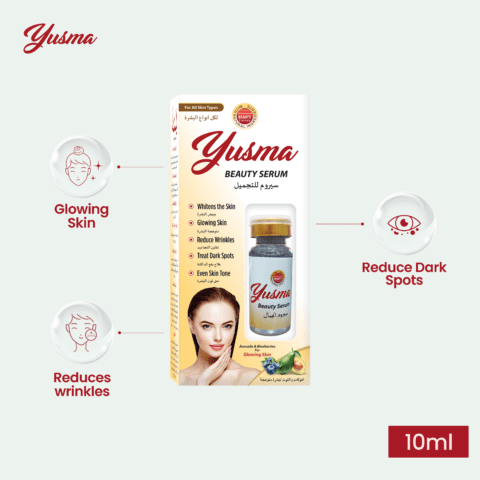Having a dark complexion is a concern for many individuals. While skin tone is determined by genetics, there are several natural methods and skincare routines you can follow to achieve a brighter and more radiant complexion. In this article, we will delve into effective ways to lighten dark skin and boost your confidence.
Important Points
- Understanding Dark Complexion
- The Science Behind Skin Tone
- Common Causes of Dark Complexion
- Embracing Healthy Lifestyle Habits
- Importance of Hydration
- Balanced Diet for Skin Health
- Benefits of Regular Exercise
- Natural Remedies for Brighter Skin
- Lemon Juice and Honey Mask
- Turmeric and Yogurt Paste
- Aloe Vera Gel Application
- Skincare Routine for Lightening Complexion
- Gentle Cleansing and Exfoliation
- Choosing the Right Moisturizer
- Sunscreen as a Must-Have
- Over-the-Counter Products
- Ingredients to Look for in Skin Brightening Creams
- Proper Application and Considerations
- Professional Treatments
- Chemical Peels for Even Skin Tone
- Laser Therapy for Dark Spots
- Microdermabrasion for Skin Renewal
- Confidence and Self-Acceptance
- Embracing Your Natural Beauty
- Tips for Boosting Self-Confidence
- Conclusion
Understanding Dark Complexion
The Science Behind Skin Tone
The color of our skin is influenced by melanin, a pigment produced by specialized skin cells called melanocytes. Darker skin tones have more melanin, which offers protection against harmful UV radiation but can also result in uneven complexion.
Common Causes of Dark Complexion
Excessive sun exposure, hormonal changes, and skin injuries can lead to the overproduction of melanin, causing hyperpigmentation and a darker complexion.
Embracing Healthy Lifestyle Habits
Importance of Hydration
Proper hydration is essential for maintaining skin health. Drinking an adequate amount of water helps flush out toxins, promoting clearer and brighter skin.
Balanced Diet for Skin Health
Consuming a diet rich in fruits, vegetables, and antioxidants provides essential nutrients that contribute to skin radiance. Vitamins like A, C, and E play a crucial role in promoting an even skin tone.
Benefits of Regular Exercise
Engaging in regular physical activity improves blood circulation, ensuring that oxygen and nutrients reach your skin cells. This boost in circulation contributes to a healthier complexion.
Natural Remedies for Brighter Skin
Lemon Juice and Honey Mask
Lemon juice contains natural bleaching properties, while honey soothes and moisturizes the skin. Mixing these ingredients creates a potent mask that can help lighten dark spots over time.
Turmeric and Yogurt Paste
Turmeric possesses anti-inflammatory and antioxidant properties. When combined with yogurt, it forms a paste that can gradually brighten your complexion and reduce blemishes.
Aloe Vera Gel Application
Aloe vera gel is known for its soothing properties. Applying it to darkened areas can help soothe the skin and promote a more even tone.
Skincare Routine for Lightening Complexion
Gentle Cleansing and Exfoliation
Regular cleansing removes dirt and impurities that can contribute to a dull complexion. Exfoliating helps remove dead skin cells, allowing new, radiant skin to emerge.
Choosing the Right Moisturizer
A lightweight, hydrating moisturizer helps maintain skin elasticity and prevents dryness, contributing to a brighter appearance.
Sunscreen as a Must-Have
UV rays can worsen hyperpigmentation and darken the skin. Applying sunscreen daily protects your skin from further damage and allows it to recover.
Over-the-Counter Products
Ingredients to Look for in Skin Brightening Creams
Look for products containing ingredients like niacinamide, vitamin C, and alpha hydroxy acids (AHAs). These components can help lighten dark spots and promote an even complexion.
Proper Application and Considerations
Follow product instructions carefully, and conduct a patch test before applying any new product to your face. Consistency is key to seeing results.
Professional Treatments
Chemical Peels for Even Skin Tone
Chemical peels involve the application of a solution to exfoliate the top layer of skin, revealing a more even complexion underneath.
Laser Therapy for Dark Spots
Laser treatments target specific areas of hyperpigmentation, breaking down excess melanin and leading to a lighter skin tone.
Microdermabrasion for Skin Renewal
Microdermabrasion uses tiny exfoliating crystals to remove dead skin cells, promoting cell turnover and a brighter complexion.
Confidence and Self-Acceptance
Embracing Your Natural Beauty
Remember that beauty comes in all shades. Embrace your natural skin tone and focus on overall skin health rather than conforming to societal standards.
Tips for Boosting Self-Confidence
Engage in positive self-talk, practice self-care, and surround yourself with a supportive community. Confidence shines from within and enhances your overall radiance.
Conclusion
Achieving a brighter and more radiant complexion is attainable through a combination of healthy lifestyle habits, natural remedies, skincare routines, and, if necessary, professional treatments. Embrace your unique beauty, and take proactive steps to care for your skin. Remember, your journey to a brighter complexion is also a journey towards greater self-confidence and self-acceptance.
FAQs
- Is it possible to lighten my skin tone naturally?
- Yes, by using natural ingredients and adopting a healthy skincare routine, you can gradually lighten your skin tone.
- How long does it take to see results from skin-brightening products?
- Results vary depending on the individual and the products used. Generally, consistent use over a few weeks can yield noticeable improvements.
- Are professional treatments safe for all skin types?
- Professional treatments should be performed by trained professionals who can assess your skin type and recommend suitable options.
- Can I use multiple skin-brightening products together?
- It’s essential to consult a dermatologist before combining different products to avoid adverse reactions.
- What should I do if I experience skin irritation from a product?
- If you experience irritation or allergic reactions, discontinue use immediately and consult a dermatologist for guidance.






Leave a comment
Your email address will not be published. Required fields are marked *